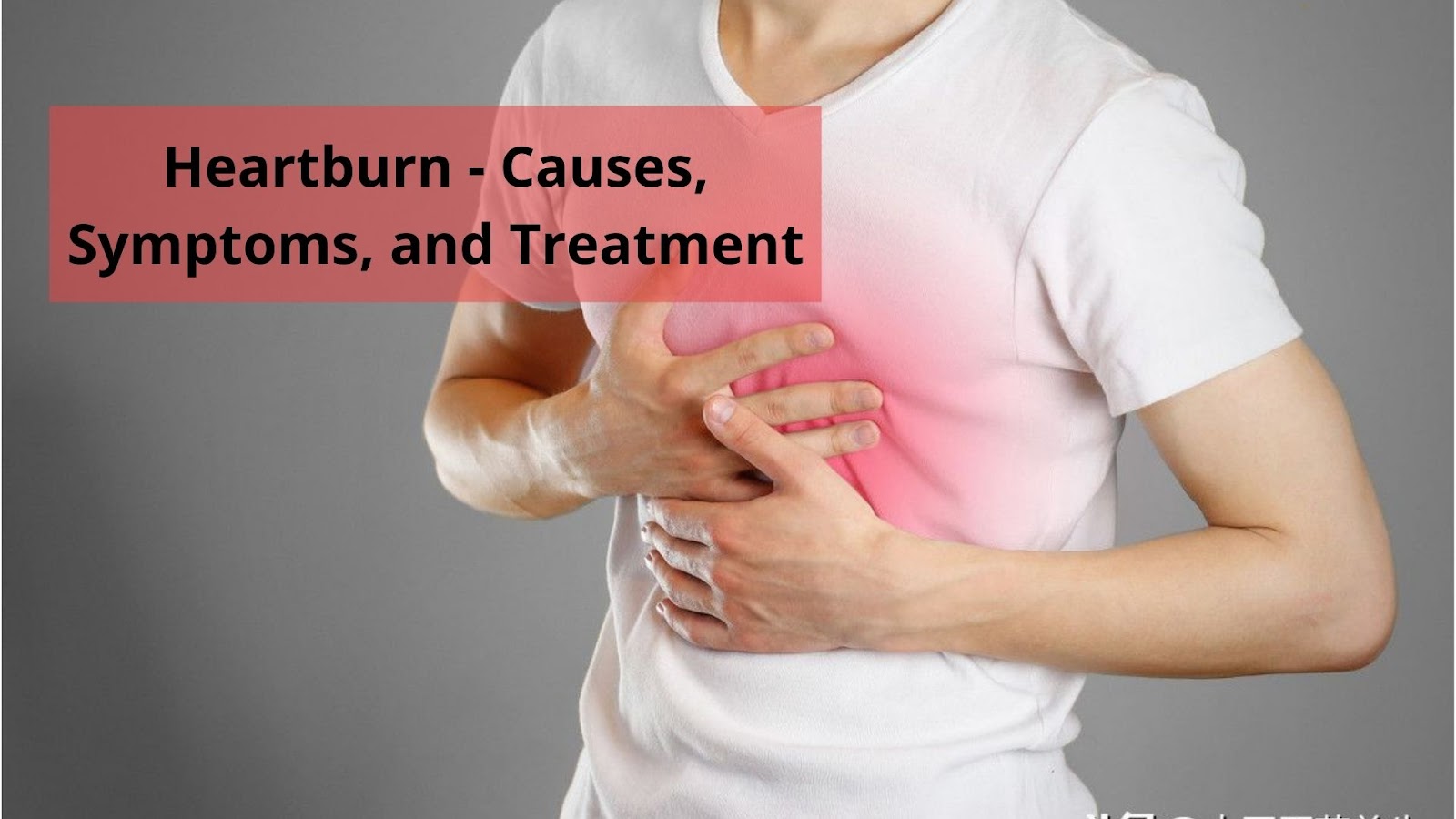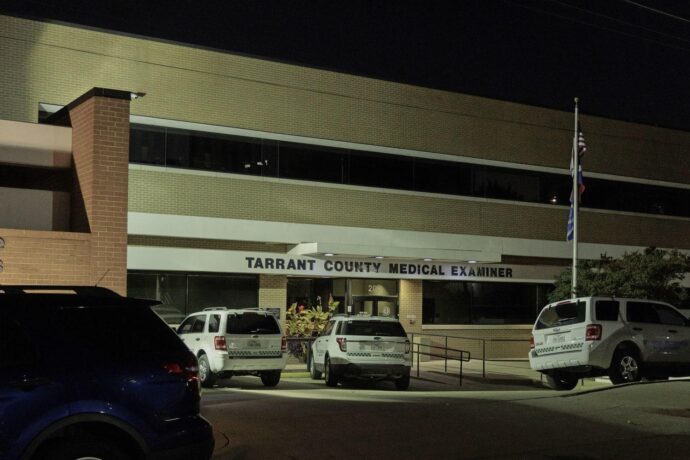
Introduction
Heartburn is a common condition that affects millions of people worldwide. It is characterized by a burning sensation in the chest, typically after eating, which can be uncomfortable and distressing. While occasional heartburn is not usually a cause for concern, chronic or severe heartburn can indicate underlying health issues that may require medical attention. This article explores the causes, symptoms, and prevention of heartburn, offering practical advice for managing this condition effectively.
What is Heartburn?
Heartburn is a form of indigestion felt as a burning pain in the chest, caused by acid reflux, which occurs when stomach acid flows back into the esophagus. This backwash of acid can irritate the lining of the esophagus, leading to the uncomfortable sensation commonly referred to as heartburn. Despite its name, heartburn has nothing to do with the heart.
Causes of Heartburn
Heartburn can be triggered by various factors, including dietary choices, lifestyle habits, and underlying medical conditions. Some of the most common causes include:
Dietary Choices:
Spicy Foods: Foods high in spices, such as chili or curry, can irritate the esophagus and cause heartburn.
Citrus Fruits: Oranges, lemons, and other citrus fruits can increase acid production.
Tomato-based Products: Tomatoes and sauces made from them are highly acidic.
Fatty and Fried Foods: These can slow down digestion and increase the risk of acid reflux.
Chocolate and Caffeine: Both can relax the lower esophageal sphincter (LES), allowing acid to escape from the stomach.
Alcohol: Alcohol can also relax the LES and increase stomach acid production.
Lifestyle Factors:
Overeating: Large meals can put pressure on the stomach and LES, leading to acid reflux.Lying Down After Eating: Gravity helps keep stomach acid in place; lying down can cause it to flow back into the esophagus.
Obesity: Excess weight can increase pressure on the abdomen, pushing stomach acid into the esophagus.
Smoking: Smoking weakens the LES and can increase acid production.
Medical Conditions:
Gastroesophageal Reflux Disease (GERD): A chronic condition where acid reflux occurs more than twice a week.
Hiatal Hernia: A condition where part of the stomach pushes up through the diaphragm into the chest cavity, affecting the LES function.
Pregnancy: Hormonal changes and pressure on the stomach can cause heartburn in pregnant women.
Symptoms of Heartburn
The primary symptom of heartburn is a burning sensation in the chest, usually after eating. Other symptoms may include:
Chest Pain: Often worse when lying down or bending over.
Burning in the Throat: Acid can reach the back of the throat, causing a burning sensation.
Regurgitation: A sour or bitter taste in the mouth from stomach acid.
Difficulty Swallowing: A feeling that food is stuck in the throat or chest.
Chronic Cough or Hoarseness: Irritation from acid reflux can affect the vocal cords.
Preventing Heartburn
While heartburn can be uncomfortable, several strategies can help prevent it:
Dietary Modifications
Eat Smaller Meals: Large meals can increase stomach pressure, so opt for smaller, more frequent meals.
Avoid Trigger Foods: Identify and avoid foods that trigger heartburn, such as spicy, fatty, or acidic foods.
Eat Slowly: Taking your time to chew and swallow can reduce the risk of heartburn.
Stay Upright After Eating: Wait at least two to three hours after eating before lying down or going to bed.
Lifestyle Changes
Maintain a Healthy Weight: Losing excess weight can reduce pressure on the stomach and LES.
Quit Smoking: Smoking weakens the LES and increases acid production.
Avoid Tight Clothing: Tight belts and clothes can put pressure on the abdomen and LES.
Elevate the Head of Your Bed: Raising the head of your bed by 6-8 inches can prevent acid from flowing back into the esophagus while you sleep.
Medications and Medical Interventions
Antacids: Over-the-counter antacids can neutralize stomach acid and provide quick relief.
H2 Blockers: Medications like ranitidine and famotidine reduce acid production.
Proton Pump Inhibitors (PPIs): Drugs such as omeprazole and esomeprazole reduce acid production more effectively and for a longer period.
Prescription Medications: In severe cases, stronger medications or surgery may be necessary.
When to See a Doctor
While occasional heartburn is common, persistent or severe symptoms may indicate a more serious condition, such as GERD or an esophageal ulcer. It’s important to seek medical advice if you experience:
- Heartburn more than twice a week.
- Difficulty swallowing.
- Unexplained weight loss.
- Persistent nausea or vomiting.
- Severe chest pain, especially if accompanied by shortness of breath or arm pain, which could indicate a heart attack.
Conclusion
Heartburn is a prevalent condition that can significantly impact quality of life if not managed properly. Understanding the causes and symptoms is crucial in preventing and treating heartburn. By making informed dietary choices, adopting healthy lifestyle habits, and seeking medical advice when necessary, individuals can effectively manage heartburn and reduce its frequency and severity.


